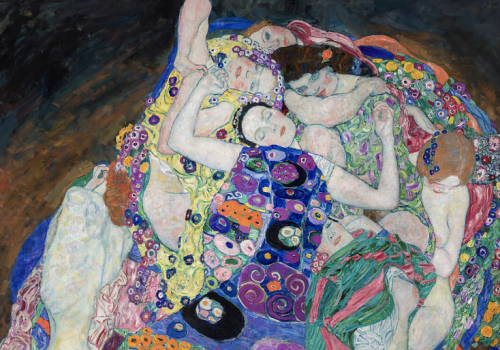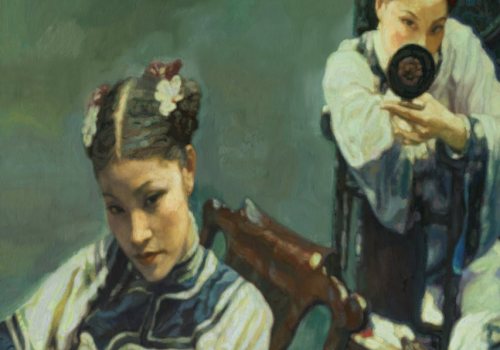I’ll Never Call Him Dad Again and Lest We Forget
by Caroline Darian (translated from French)
The trial of Dominique Pelicot, which began on 2 September 2024, has captured the world’s attention. Behind the haunting details of Pelicot’s unthinkable crimes are a mother and daughter who were forced to rebuild their lives.
This is their story.
In November 2020, Caroline Darian received a call from the police in Carpentras. Her father was in police custody. The seizure of his computer equipment revealed the unthinkable: since 2013, he had drugged his wife before handing her over, in a state of unconsciousness, to men, from all ages and stages of life.
I have to admit, reading about such harrowing events triggered anxiety in me. It is almost too terrible to conceive that such depths of evil exists amongst us, and frankly, it scares me. At the same time, I recognise the vital importance of bearing witness, especially when these stories reveal experiences that are too often silenced, dismissed, or ignored. Caroline Darian writes with urgency and immense courage about what happened to her and her mother. Her account is not just a personal narrative but a call to awareness for society at large.
Darian also carries the gauntlet for other victims of chemical submission, shining a light on a crime that often remains invisible. She points out that less than 1% of victims will ever see justice, a statistic that is both shocking and deeply sobering. By sharing her story, she gives voice to those who may never be able to tell theirs, and reminds us of the pressing need for vigilance, empathy, and systemic change. The book is a testament to her resilience, but also a stark warning, these crimes can happen to anyone, and silence only enables further harm.
‘Shame must change sides’, which is why Gisele Pelicot chose to have an open trial. By insisting on transparency, she shifted the burden of shame from the victims to the perpetrators, holding them publicly accountable. Yet, as Darian recounts, her mother’s poise and global reverence came at a cost. She refused to recognise Caroline as a victim and rebuked her for expressing anger and grief in court. Caroline’s rage was a necessary and human response to unspeakable trauma. Gisele’s composure, while admired, contrasted sharply.
Darian’s account reveals the heartbreaking consequences of that contrast. In an interview in The Telegraph, she recounts: “My mother let go of my hand in that courtroom. She abandoned me. […] She was supposed to help me. [..] And that, I can never forgive her for. Never.” Though there is no suggestion that Gisele knew of her husband’s crimes against their daughter, her instinctive denial, “Your father is incapable of such a thing” and inability to process further trauma left Caroline isolated at the most crucial moment. When her father refused to be cross-examined on the photographs of her abuse, Caroline had no recourse but to shout in the courtroom, the only expression of indignation left, “You’ll die alone, like a dog.” Her mother’s admonition to “stop making a spectacle of yourself” highlights the painful divide between public composure and private suffering. Caroline reflects, “That public person she has become … doesn’t have anything to do with me. My mother isn’t an icon, not to me.”
This story is both horrifying and profoundly instructive. It underscores the complexity of trauma, the clash between societal notions of strength and individual suffering and the essential need to listen to survivors. Rage, is a legitimate response (for many it would be the only legitimate response.) Bearing witness to such stories is uncomfortable, but it is also a moral imperative, a step toward accountability, empathy, and change.

Featured image Justice and Divine Vengeance Pursuing Crime by Pierre-Paul Prud’hon









Leave a Reply